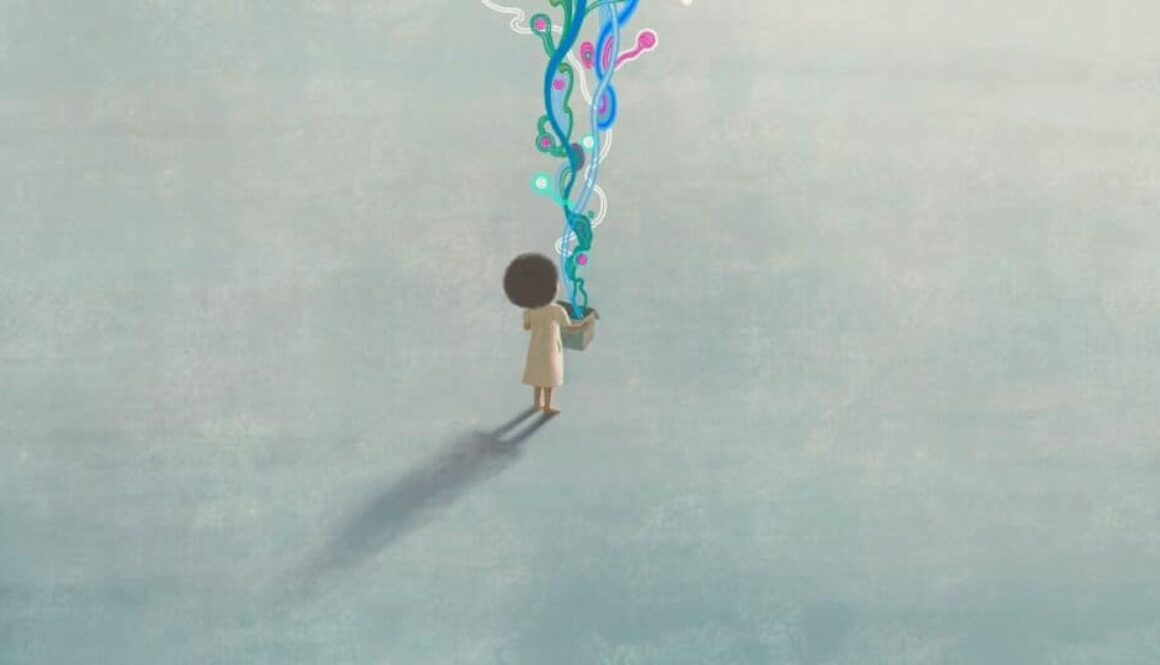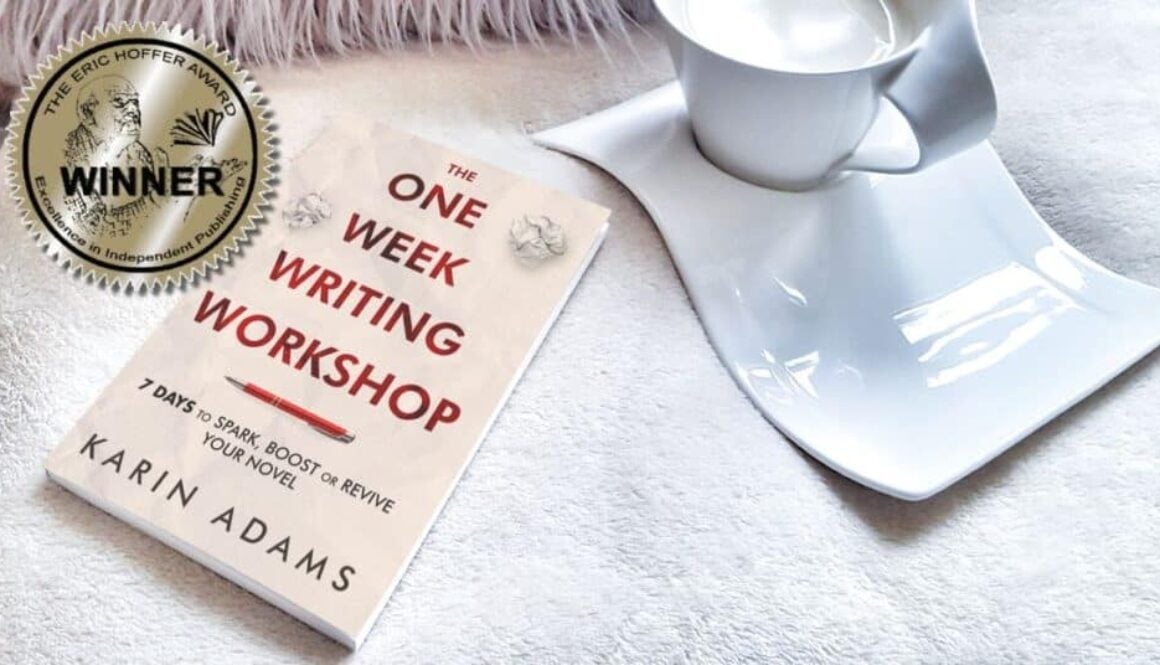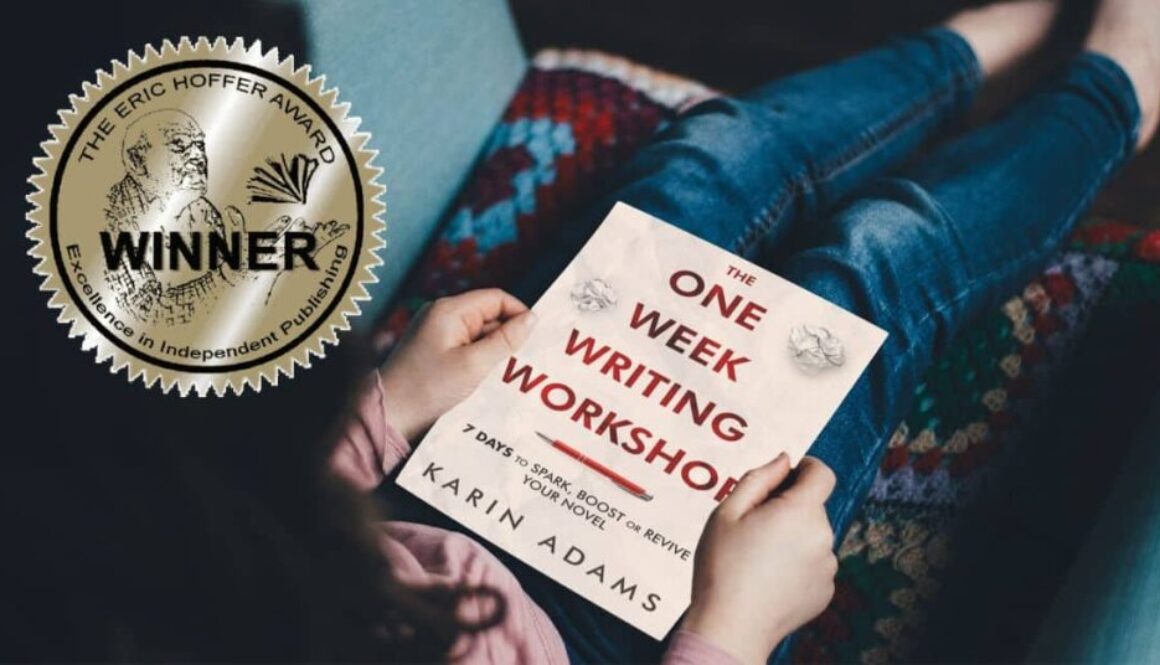Take a Creative Break When You Write
Whether it’s work or play, or we’re engaged with something we love or something we dread…at some point, it’s a good idea to step away and take a break. When it comes to writing, the same principle applies. In my book The One Week Writing Workshop: 7 Days to Spark, Boost or Revive Your Novel, I devote a whole workshop day to “Rest” and praise the power of the pause throughout. In my view, it’s particularly helpful for writers to take a creative break.
I don’t mean a break from creativity (even though we’re taking a temporary break from writing). What I mean is a break that is itself creative. Come and walk with me through my thinking!
What Does it Mean to Take a Creative Break?
Taking a break is important for writers. No matter how well your story may be flowing, a break helps you conserve and restore your energy so that tomorrow flows just as well.
On the flip side, building breaks into your writing schedule can actually help you to get more done in a day and avoid procrastination. When we schedule deliberate breaks into our day, we can make little deals with ourselves to make some progress: I will write 500 words, then take a break and go for a walk… Or maybe I will write until 11:15 and then check my email. This is often a more productive strategy than vowing to “write all day” and giving in mindlessly to the distractions that inevitably crop up.
When I talk about taking a creative break, I’m specifically talking about using the time when we pause from writing to deliberately engage in another creative activity.
Now, before you bust out the easel and the palette of paints, I’m not necessarily talking about doing things we commonly associate with the arts (painting, drawing, sculpting, playing an instrument), although it certainly can be any of these things. I’m being much broader with my use of the word creative. I’m using it to mean any action you take where YOU are the creator of something that did not exist before.
Your mind might still leap first to sculptures and brushstrokes. But let’s expand our thinking.
What about whipping up a batch of soup. You’re blending ingredients, tweaking things here and there to your taste, throwing in that secret spice in just the right proportion and creating something that was not there before. That soup is a new creation on your stovetop.
What about devising a new organizational system for your desk that keeps your supplies in good order? You’re making decisions based on experience, flexing your ingenuity, putting new boundaries in place. That’s creative!
A jog around the block that gets your blood pumping and your legs feeling stretched and worked out has you creating a powerful energy in your body that wasn’t in you at your desk.
I might be biased here, but reading a fiction book can be an act of creativity, where your imagination, emotions, and personal perspective are interacting with the words on the page to create an experience that wasn’t there before.
Bonus if you take your creative break with singular focus—that is, without the distracting and likely draining energy of multitasking.
What creative task are you drawn to and might you add to this list?
Why the Kind of Break You Take “Counts”
I believe there’s a time and place for all kinds of breaks. Flopping back on the couch and catching up on a few episodes of your favourite show has its place. So does playing a game on your phone, replying to texts, or popping in on social media.
These kinds of breaks have their value, but I wouldn’t describe them as creative. A passive break might be a more apt term to describe binge watching a show. This can feel great—just checking out and letting yourself be entertained. Ahhh…
Reactive might be an appropriate word to describe the energy we’re using when responding to texts. It might also be a good classification for what our emotions are doing when we’re scrolling through the news. As human beings connected to other human beings and impacted by other human beings, sometimes we need to be reactive. Of course we do!
But what I’ve personally noticed in those periods where I allow passive and reactive energy to dominate my downtime is that my writing suffers. My will to write, the quality of my output, etc… it all gets kind of fuzzy. I find that creativity fuels creativity, and the more often I act as a creative being even when it isn’t directly connected to my writing, the more my capacity for creating as a writer expands. When I go the opposite way—watching too many shows, reacting to too many other people’s whims and wants, feeling too many feelings about things I really can’t control—I become creatively depleted. It’s a thing (at least it is for me!).
So, my gentle challenge to you today, especially if you’ve been feeling sluggish or stuck in your writing, is to deliberately weave a creative break or two into your time. You don’t have to fully abandon other kinds of rest. But why not try enthusiastically embracing a creative action or two where you are the maestro. Notice how it feels, and pay attention to whether or not you feel a difference in your writing sessions. The effect might not be instant…so I say, create again!
At the very least, you’ll enjoy the experience of making something out of nothing. Which I believe is one of the very joys we seek from our writing.









